A good citizen is created ‘at home and in the classroom’

Democracy expert Daniel Schugurensky argues that Switzerland is a perfect example of how, with the right information and time for proper reflection, ordinary citizens can make good decisions.
The Argentinian professor, co-director of the Participatory Governance Initiative at Arizona State University (ASU), is organising an international conference at the Phoenix campus from December 3-5, entitled: ‘By the People: Participatory democracy, public engagement and citizenship education’.
swissinfo.ch: Who will be attending this conference, and what is its main aim?
Daniel SchugurenskyExternal link: Arizona State University is hosting academics, students, teachers, politicians, NGOs, government officials, community groups and other people interested in strengthening democracy in three main areas: participatory democracy, voluntary work and civic education.
Often, researchers and other people working in these three fields do not talk to each other. This forum aims to bring theory and practice together, and to ensure that this kind of interaction is useful for everyone.
Democracy for the people
The three-day conference, hosted by Arizona State UniversityExternal link in Phoenix from December 3-5, brings together researchers, academics and policy-makers under the title ‘By the People: Participatory democracy, public engagement and citizenship education’.
The congress is being presided over and organised by Daniel Schugurensky, a professor at Arizona State University in Phoenix. Three similar gatherings were held at the University of Toronto in Canada (2003 and 2008) and at the National University of Rosario in Argentina (2010
swissinfo.ch: How do you define participatory democracy, and in which countries is it a reality?
D.S.: It is an inclusive process of debate and decision-making, which is based on the simple principle of political justice.
Everyone has the right to take part in the decisions that affect us. There is mounting interest, as a growing number of people want to do more than just go to the polls once every four years.
One of the most active countries is Brazil, which has several participatory policies. There is also Switzerland, with its referendums and the participation of the cantons in the countries’ decision-making. In Canada, there have been a number of interesting decisions by citizens’ juries.
swissinfo.ch: How strong is civic engagement in modern society?
D.S.: We have identified four kinds of civic engagement, which are equally important. The first is civic engagement that involves participation in a neighbourhood group or association, and in projects aimed at improving community life. Then there is taking part in elections, which includes voting and political campaigns or putting oneself forward as a candidate. Third, there is the issue of having a political voice, taking part in social protests or boycotting products. Finally, there is collaborative public action, where citizens and governments work together to improve community life.
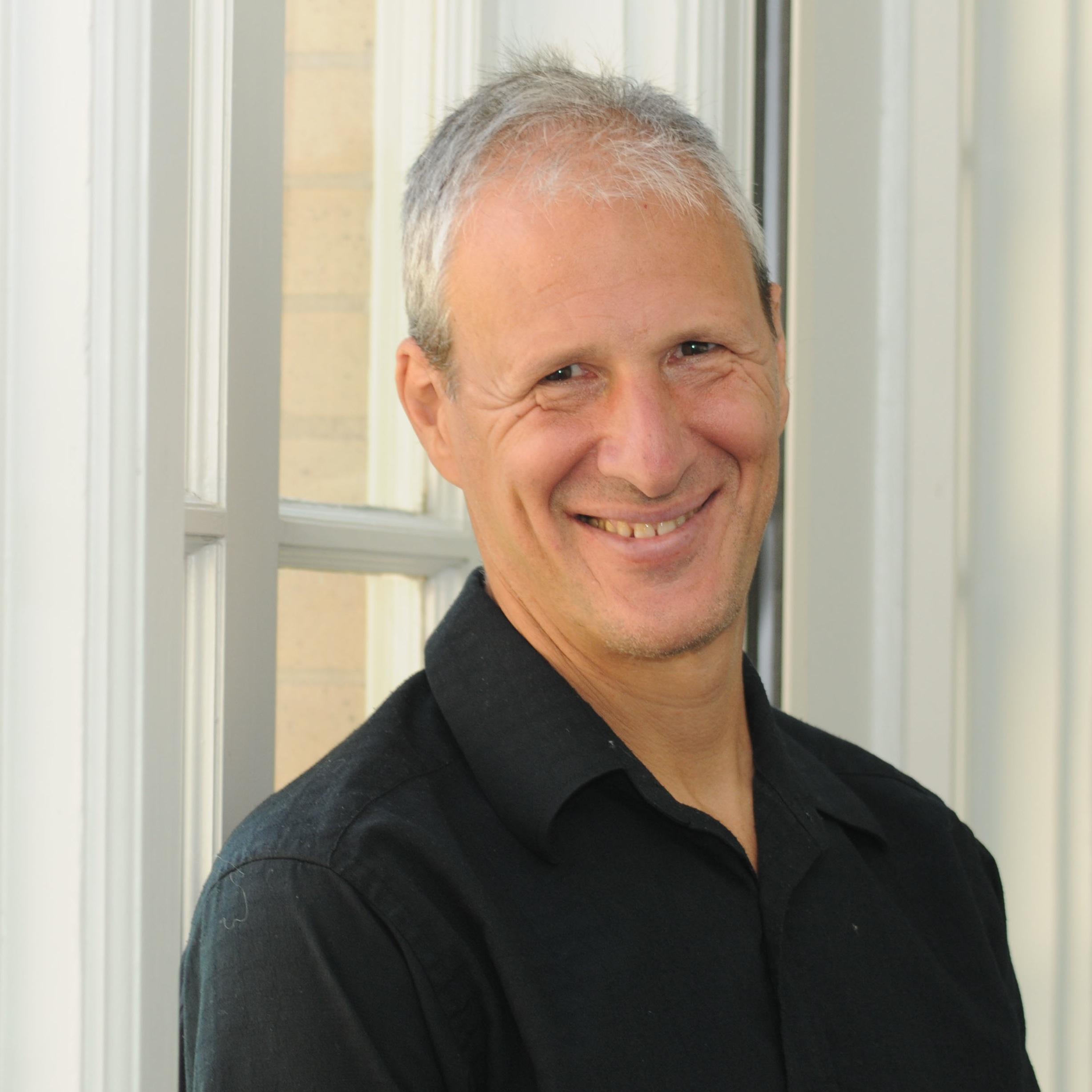
swissinfo.ch: In your research, you quote US politician and activist Eleanor Roosevelt, who said that the purpose of education was not only to produce citizens but ‘good citizens’. Where does this happen, at home or in the classroom?
D.S.: In both, but in many other places. Many values and important attitudes are learned at home. For example, not many people hold different religious views from those of their parents, which shows how our main values are transferred from one generation to another. But the classrooms are also relevant.
First, we have to properly define what teachers mean by ‘good citizens’.
The Canadian academic Joel Westheimer, who will be coming to Phoenix, says schools promote three kinds of good citizenship. A ‘responsible’ citizen pays taxes, abides by the rules or makes charitable donations. A ‘participating’ citizen votes and is involved with local associations. A ‘social justice’ citizen matches both of these profiles but also questions the sources of problems in order to find solutions.
Many schools promote the first kind of good citizen; some promote the second. But very few develop citizens who are interested in social justice.
swissinfo.ch: What is government’s role, both federal and local, in creating participatory democracies?
D.S.: Political will is necessary to create space for citizen participation. Together with the existence of organised and engaged civil society organisations, this can result in participatory processes that lead to fruitful dialogue and valuable exchanges at different levels, whether technical, popular or political.
Although people are just scratching the surface right now, there have been some interesting developments. In Tunisia, a new constitution from 2014 includes a chapter on participatory democracy. In Colombia, there is a law of participatory democracy that contains 111 different articles. One of its architects, former senator John Sudarsky, will also be present in Phoenix.
Elsewhere, Brazil has municipal, provincial and federal agencies that also promote participation. Researcher Brian Wampler will talk to us about the impact of different participatory policies.
swissinfo.ch: Switzerland is a country with a long tradition of direct democracy. Has it managed to pass on this tradition to the rest of the world?
D.S.: Of course. Switzerland is a global leader in terms of direct democracy. It has shown that ordinary citizens can make good decisions if they have the right information and time to deliberate. There is a lot to learn from Switzerland. It teaches us – and this is shown in different research – that in cantons where there is greater citizen participation, there is less tax evasion, for example. This is all about trust. People feel they are part of the government, express themselves freely, and commit themselves.
Good citizen, good taxpayer
In Switzerland, tax compliance is higher in cantons where citizen participation is stronger. It peaks in regions where citizens participate directly in decision-making situations involving local budgets. This was shown in research by professors Bruno Frey (universities of Basel and Zurich) and Lars Feld (University of Freiburg, Germany), conducted in 2002 and 2007.
swissinfo.ch: What is the role of the media in this idea of shared responsibility?
D.S.: The press could inform us more often and in a better way about participatory democracy experiences around the world.
Another mission could be to question these experiences in order to identify problem areas and to improve things.
swissinfo.ch: How can you ensure that some of the ideas and discussions in Phoenix actually become a reality in the future?
D.S.: Various reports will be distributed via an accessible online document. In addition, attempts will be made to consolidate citizen and government networks that promote democratic values.
As in previous conferences, new initiatives, collaborations and research projects are bound to emerge.
The meeting should help interested parties to share innovative experiences on different topics, such as participatory budgeting, citizens’ juries, and deliberative processes or democracy at school so that people can improve what they are doing back home.
We expect the congress to be inspiring for those wanting to extend and strengthen the impact of democracy.
Translated from Spanish by Simon Bradley

In compliance with the JTI standards
More: SWI swissinfo.ch certified by the Journalism Trust Initiative
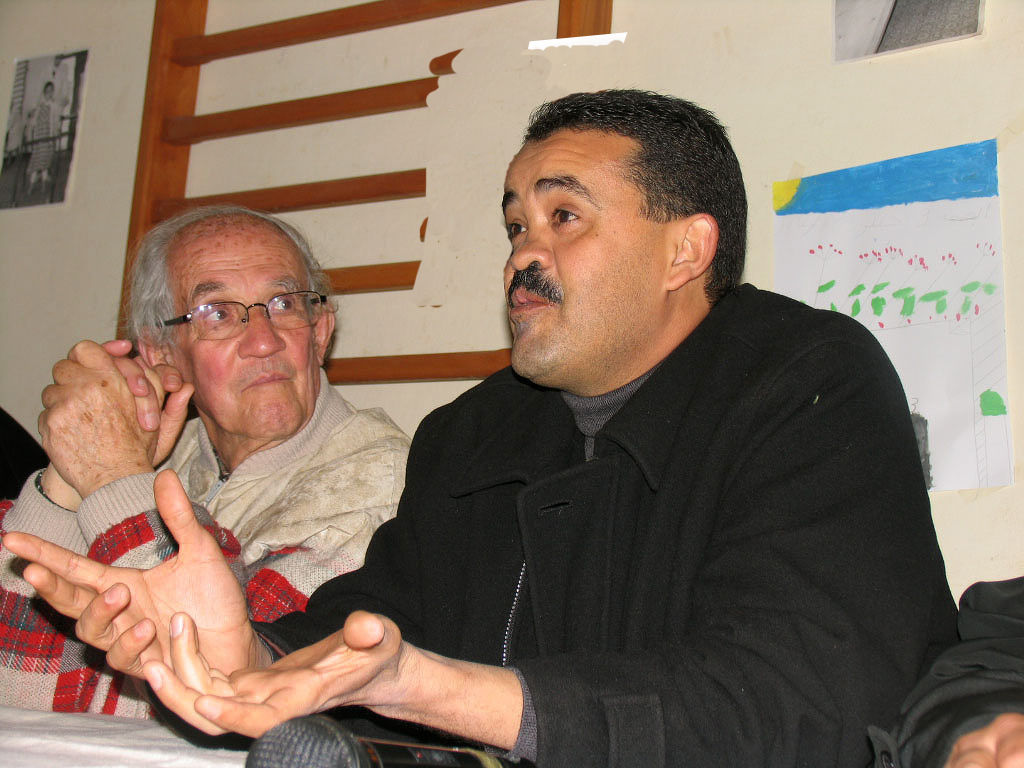
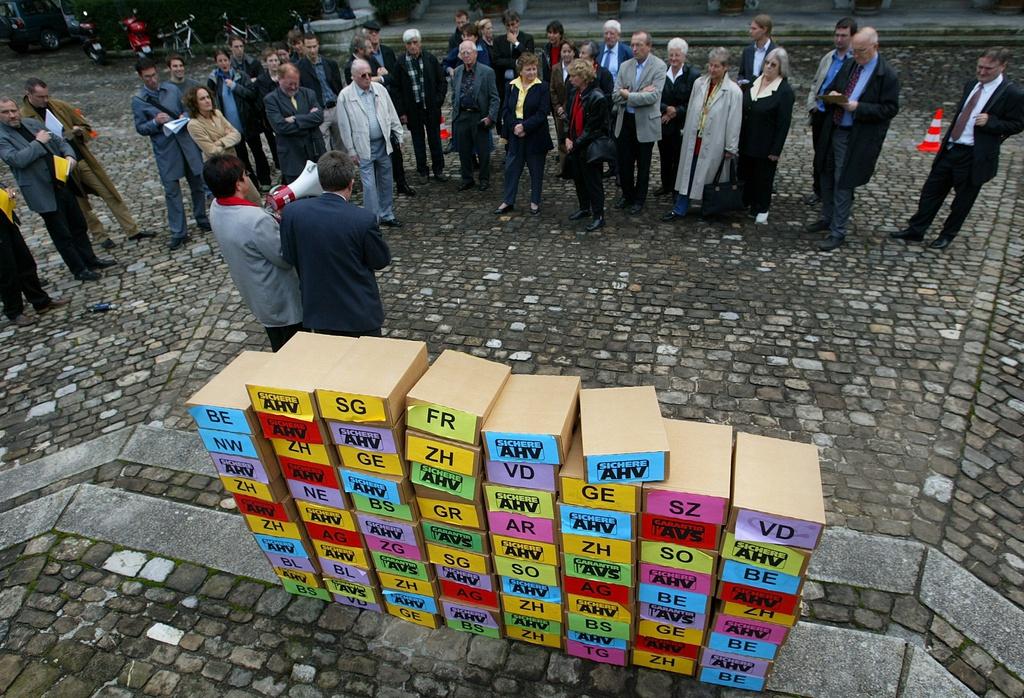
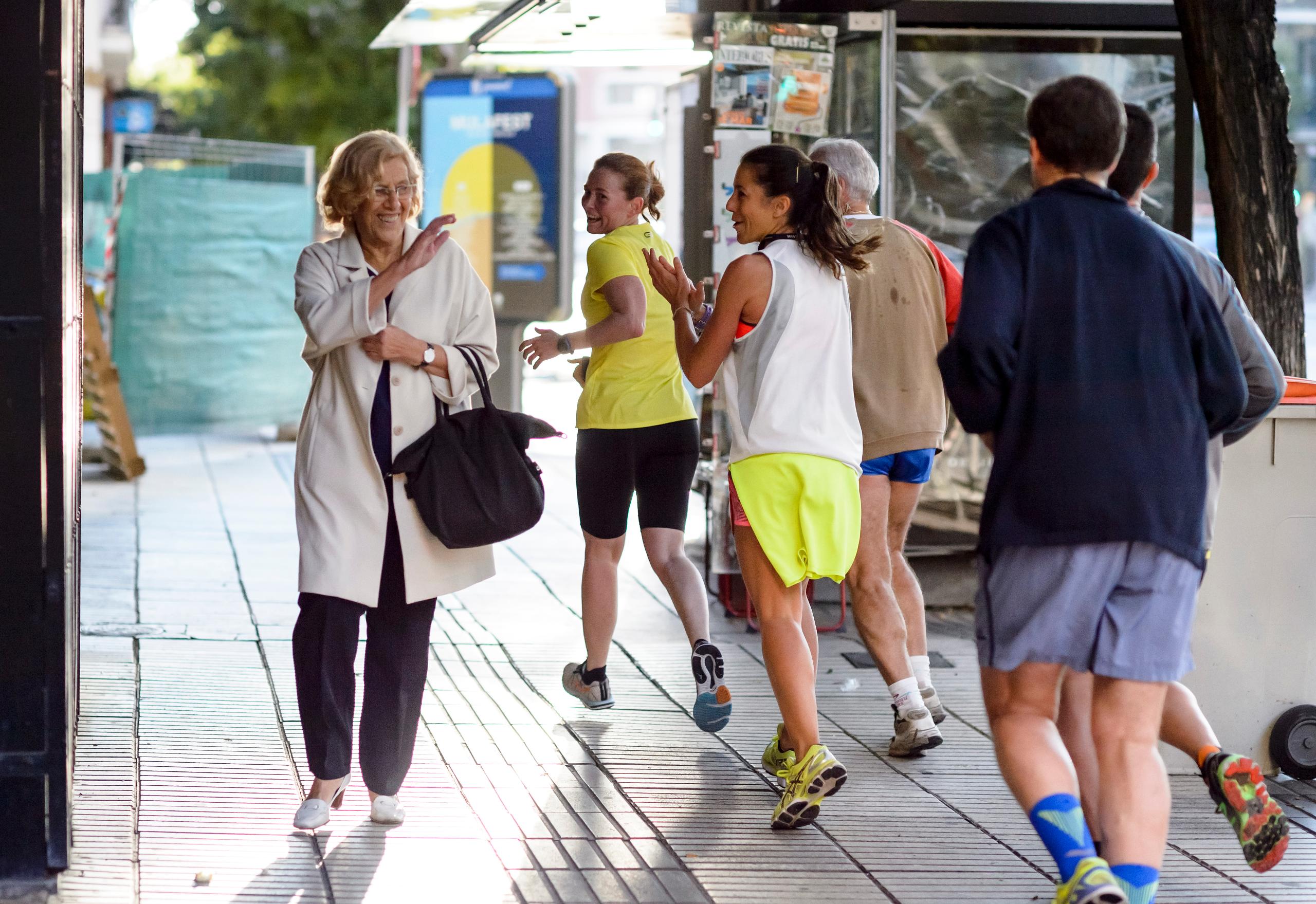
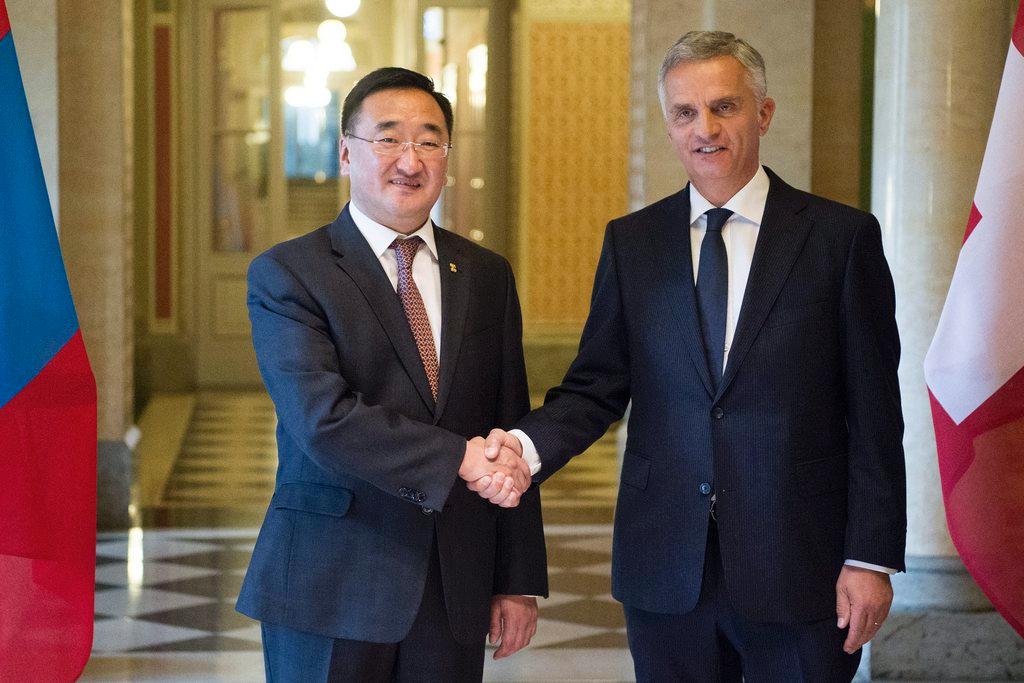
You can find an overview of ongoing debates with our journalists here. Please join us!
If you want to start a conversation about a topic raised in this article or want to report factual errors, email us at english@swissinfo.ch.